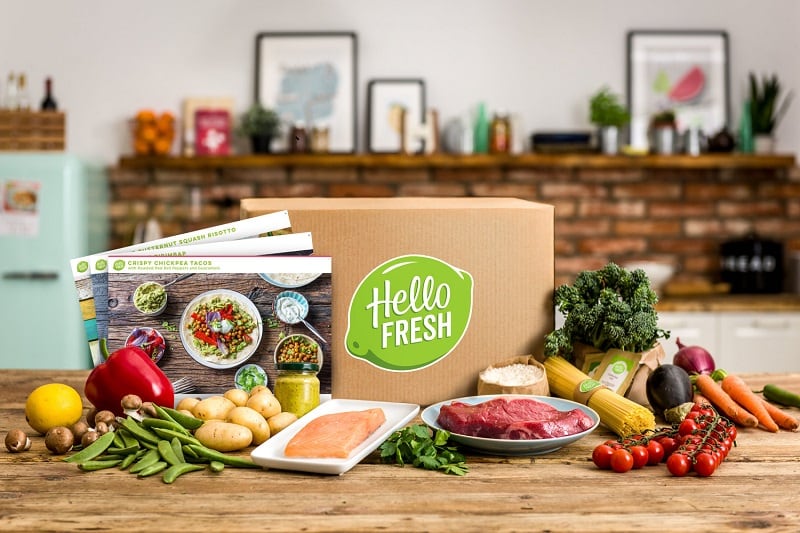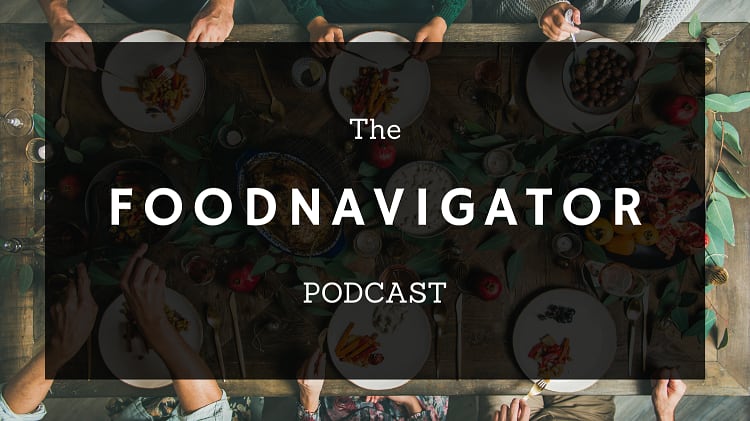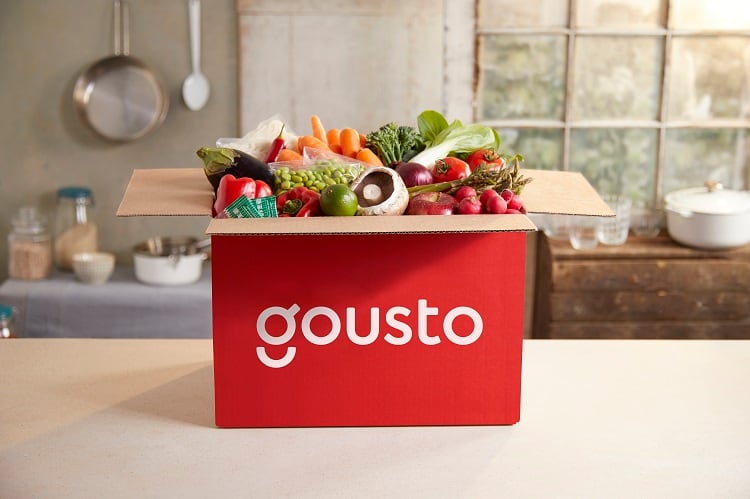HelloFresh has launched its service in Denmark in a move that demonstrates the meal-kit sector’s growing status as an ‘attractive niche’, according to analysts.
The Berlin-based company, which operates in much of Europe as well as in Canada, New Zealand and its key US market, said that following a successful launch in Sweden last year, it has decided to further expand its business in the Nordics. It added that the expansion is part of the group’s global strategy to drive long-term sustainable growth.
It said Danish customers (made up of around 2.7 million households) will benefit from a "global brand that is backed by an innovative technology platform and a state-of-the-art supply chain network, both of which are localised to the specific needs of the market". The Danish market will be managed from HelloFresh’s Scandinavian headquarters in Copenhagen, which was already opened in 2019.
Meal-kit companies have witnessed a boost amid the COVID-19 outbreak and, although question marks have been raised about whether this demand will be sustainable as lockdown measures ease, equity analysts mostly remain bullish on HelloFresh, which went public on the Frankfurt Stock Exchange in November 2017.
Robert Berg, an analyst at Berenberg, noted that HelloFresh’s existing Copenhagen base ‘should mean a faster and seamless launch given the operations are already up and running’. He said: “What is also great is that management has found the capacity to launch in Denmark right now with the backdrop of having to deal with the challenges of rapidly accelerating order growth across the group due to lockdowns.”
Clara Kamenicek, an equity research analyst at MainFirst Bank, said meal kits have been popular in Scandinavia for much longer than in other countries, and markets there are increasingly competitive.
“Sweden is where they originated, but Denmark is also a more mature market in this regard. The local competition in Denmark and Sweden is strong with Linas Matkasse and Middagsfrid (acquired by Axfood in 2017), two big players that have been serving the market for years and both originating in Sweden.
“Linas Matkasse entered the market by acquiring Danish meal kit provider retnemt.dk in 2016 and their Danish business seemed to do better than their Swedish one, where they faced some difficulties with declining sales and unprofitable results in 2018.“
While the Swedish market appeared to lose its appetite for meal kits in recent years, Linas Matkasse appears to have turned things around, a fact which, said Kamenicek, “may still point at meal kits in Scandinavia being an attractive niche. Since the culture in Sweden and Denmark is quite similar, as is the degree of online penetration, I would assume that they experience the same trends.”
Meal kits have been established in Denmark for 10 years, but HelloFresh’s lateness to the party means greater challenges but potentially greater rewards, Kamenicek added.
“The advantage is that the company does not have to explain the concept of meal kits, since it is already well-known. In the past, HelloFresh’s organic entries in new geographies were smart moves because they were able to quickly win market share from local competitors fuelling their growth and putting them in the market-leading position. A mature meal-kit market with more established competitors like Scandinavia could be more difficult to win over, but likewise also brings more potential.”
Online supermarkets threaten meal-kit growth
Kamenicek warned, however, that the biggest risk to the meal-kit business model is the progression of online supermarkets.
“I believe once supermarkets have made themselves attractive enough to customers, in terms of pricing, convenience and quality, the group remaining loyal to meal kits will be very small. I think it is just a question of time when this will happen,” she said.
“In Sweden, Axfood has acquired Middagsfrid and their meal kits are sold at mat.se, a Swedish online supermarket. I could imagine all online grocers offering meal-kit-like products or similar functions (such as one-klick-recipes) at some point. I’m aware that a pushback on this could be the lack of branding for supermarket meal kits, but I believe this would ultimately be offset by wider recipe choice (larger menu variety seemed to play a big part in winning market share from competitors for HelloFresh) and potentially lower price points in online supermarkets.”
Will Covid customers stick or switch?
In a research note published last week, analysts at Barclays said they remain bullish on HelloFresh.
The bank’s survey of the food consumption habits of 1,000 British consumers revealed that around 35% of HelloFresh users in the UK were acquired during the lockdown. These new meal-kit users “are less sticky than new food deliver/online grocery users”, they said: 44% of new meal kit users expect to continue using meal kits compared to nearly 60% of new online grocery users and 63% of new food delivery users. “But this is better than we had thought,” the analysts said.
The survey also revealed that over 80% of respondents had never used HelloFresh. This “confirms that the potential TAM [total available market] is large”, the analysts wrote.
They added that HelloFresh, and the meal-kit sector as a whole, offers a “genuinely differentiated proposition”.
“Meal-kit users prioritise the ability to cook for themselves, and convenience. These are unique aspects of the meal-kit proposition compared to other forms of food consumption, such as eating out, grocery and food delivery. We think this reflects the fact that meal kits genuinely add value for consumers – the market may be somewhat ‘niche’ but it serves a clear purpose for its target audience.”





